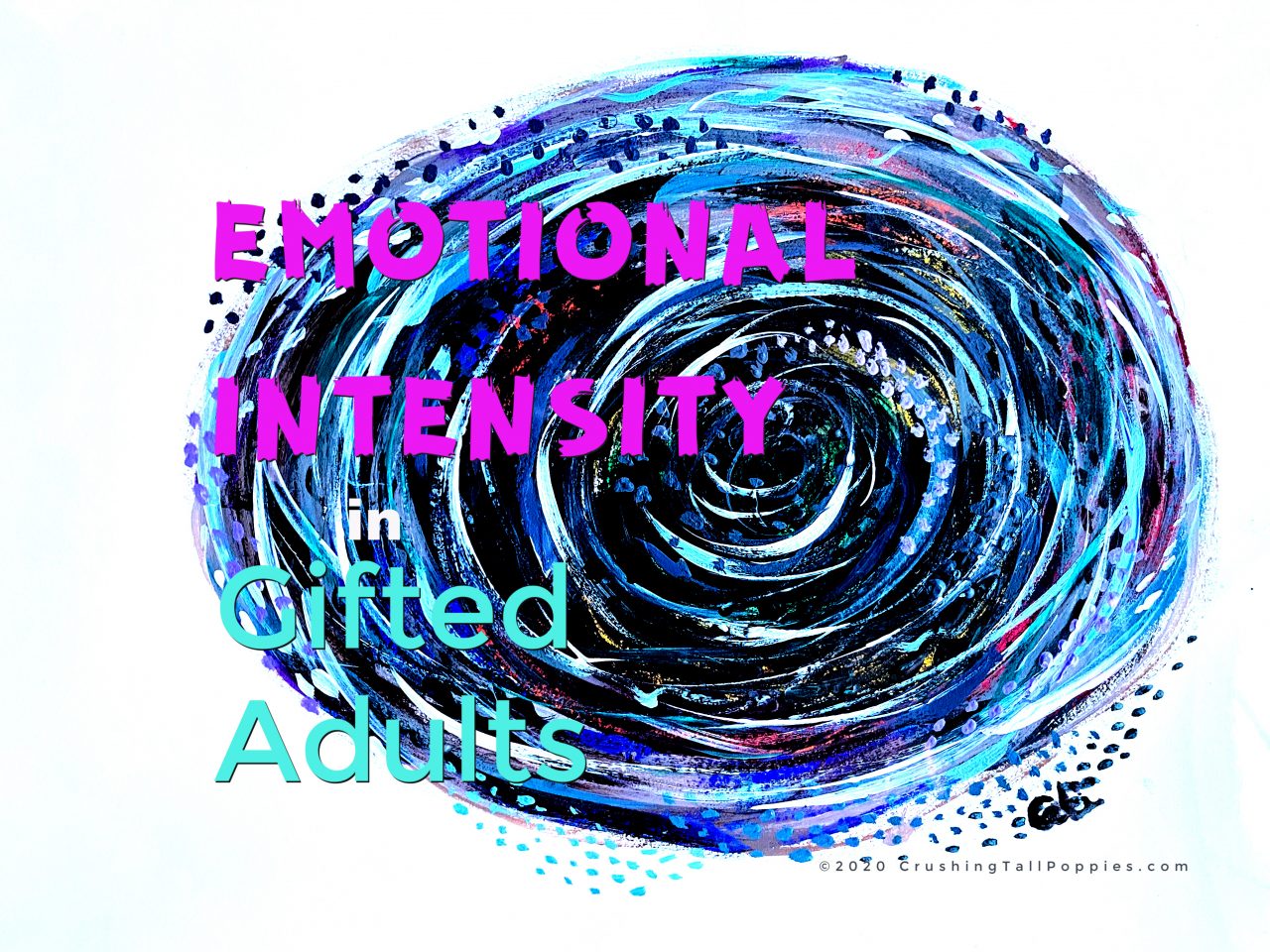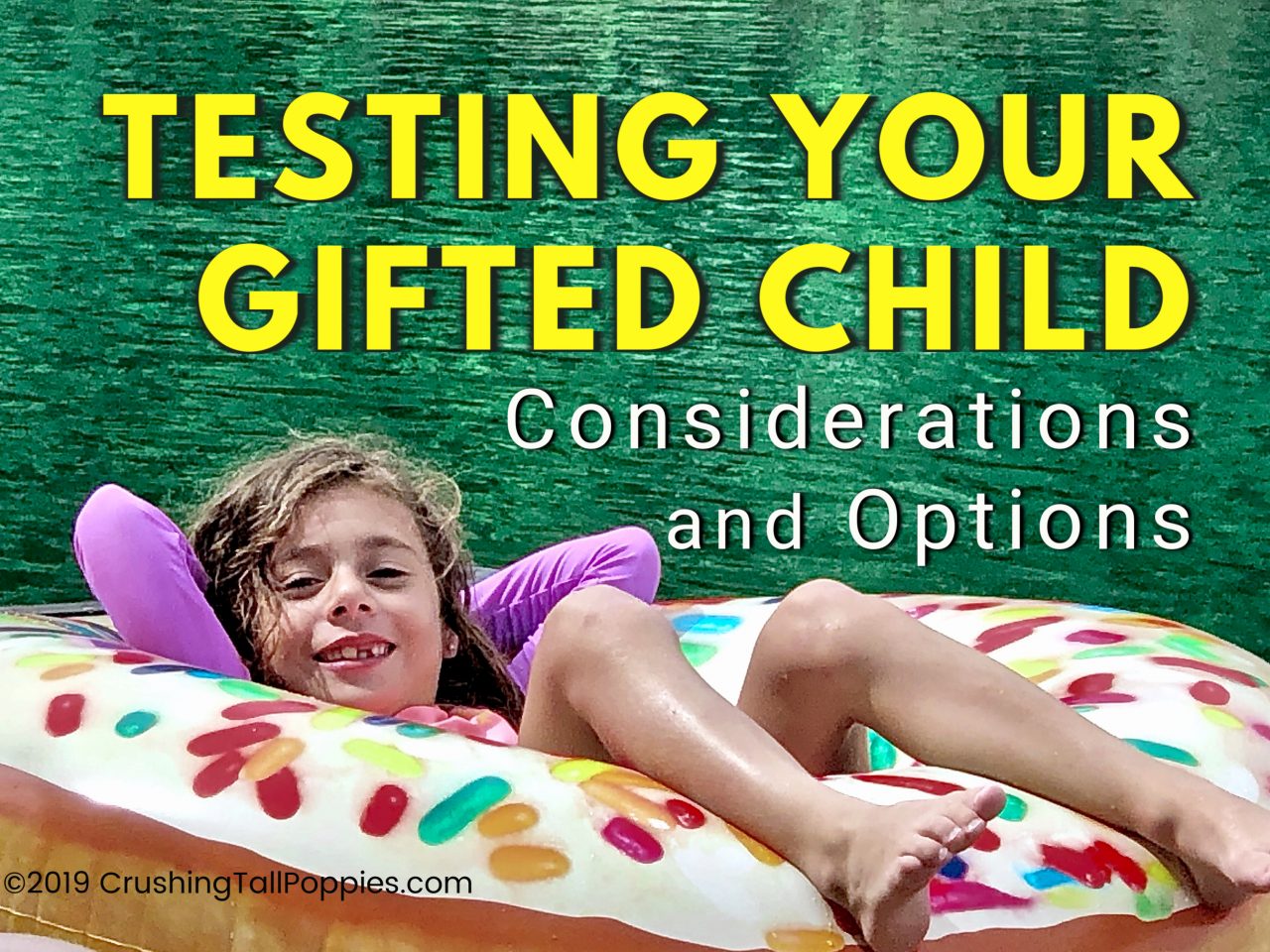
Twelve years ago, I started my gifted advocacy journey. After years of misunderstanding—on my part, the school’s part, and society’s part—I found myself frustrated, confused, fearful, and also angry. How can a school ignore a student who is clearly ahead of his classmates and shows mastery of all content at his current grade level? How can a teacher give busywork to a student who consistently completes his classwork long before every other student? How can a principal tell a parent, “He’s making straight A’s! What more do you want? Let him slide instead of moving him up a grade level.”

From their precocious first words, they were branded. At a very early age, the gifted are branded with the expectation of achievement. At a very early age, the gifted are branded with the expectation of achievement.
“Oh my gosh, he’s so smart! He’s going to go far in life!”
“Wow, her vocabulary is so advanced. She’s going to breeze through school!”
“I predict she will be a doctor, a scientist, a CEO, or our future president!”
Far too many gifted people feel the pain of that branding. It burns, and it scars, sometimes for life.

Emotional intensity is an attribute many of us spend a lifetime coping with, successfully and not so successfully. One day, or one hour, you have overwhelming feelings of intense anguish or burdening sorrow that bring you to your knees and leave you questioning how you can possibly live through the depth of your pain. The next day or the very next hour, your emotions, an ever-swinging pendulum, sweep back to the polar opposite of the despair you were enduring before.

Trusting my ability to read other people and their situations is something I need to accept and honor. As I look back on meaningful, traumatic, or momentous occasions where I intuited the situation or the person correctly, I should be confident in my empathic ability. If I’m honest, my empathy crosses over into the unknown, and my fact- and science-based thinking doesn’t set foot into pseudoscientific phenomena. I can only accept that my unnatural ability to perceive and intuit comes from my gift of empathy.

But you’re gifted!
—A statement made with a hollow and misplaced tone of congratulations. The sound of sarcasm and envy, although mostly muted, feels like tiny straight pins whose pointy tips pierce the veil of that positive declaration. Yet, the implicit presumptions of a life of success and future eminence in those three words are utterly transparent. Packed into those three little words, the expectations of a gifted individual are unmistakable; you know this because you are acutely perceptive as many gifted adults are. And the heavy burden of those expectations and presumptions land squarely on your shoulders.

Every gifted child is different, and every situation concerning whether or not to test will vary, even among siblings within the same family. Deciding to test or to not test depends on each individual case and its specific considerations.